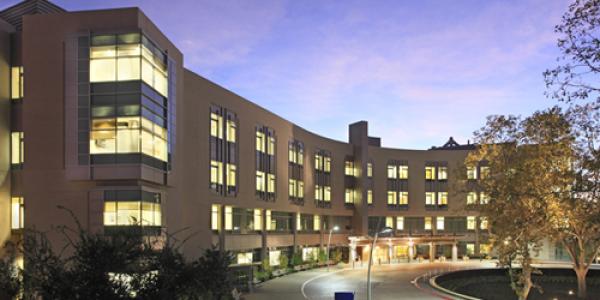


December 13, 2016 – The Norma Melchor Heart & Vascular Institute at El Camino Hospital announced today it now offers two innovative options to treat patients with heart conditions. The hospital is the first in the Bay Area to use Absorb GT1, the first-of-its-kind bioresorbable heart stent, and recently performed its 20th successful implantation of the WATCHMAN™ Left Atrial Appendage Closure Device to treat atrial fibrillation.
Heart disease affects 15 million people in the United States and remains a leading cause of death worldwide. Coronary Artery Disease, blockages in the arteries of the heart, has traditionally been treated with permanent metallic stent implants to improve heart blood flow. Those who have expressed concern with having a foreign object implanted for the remainder of their lives, now have an alternative option. The Absorb stent is made of a naturally dissolving material, similar to dissolving sutures. The stent disappears completely within three years after doing its job of keeping a clogged artery open and promoting healing of the area being treated. There is nothing left behind and the artery can pulse and flex naturally as demands on the heart change with everyday activity.
In addition to the Absorb stent, El Camino Hospital is one of a few community hospitals in Northern California using the WATCHMAN™ Left Atrial Appendage Closure Device to treat atrial fibrillation (AF). In this minimally invasive procedure, the surgeon uses catheters to implant the device to close off the left atrial appendage (LAA), which is thought to be a source of most stroke-causing blood clots. The LAA excretes hormones and regulates heart contractions, which help move blood through the heart. In people with AF, the LAA doesn’t work properly, which causes blood to pool. The WATCHMAN device helps prevent blood clots from forming in the LAA.
“At El Camino Hospital, we pride ourselves on providing personalized healthcare through innovative treatments, products and procedures that enable people to get back to their daily lives as quickly as possible,” said Dr. Chad Rammohan, medical director of the Cardiac Catheterization Laboratory at El Camino Hospital and a Palo Alto Medical Foundation physician. “Our goal is to obtain the best outcomes possible for our patients.”